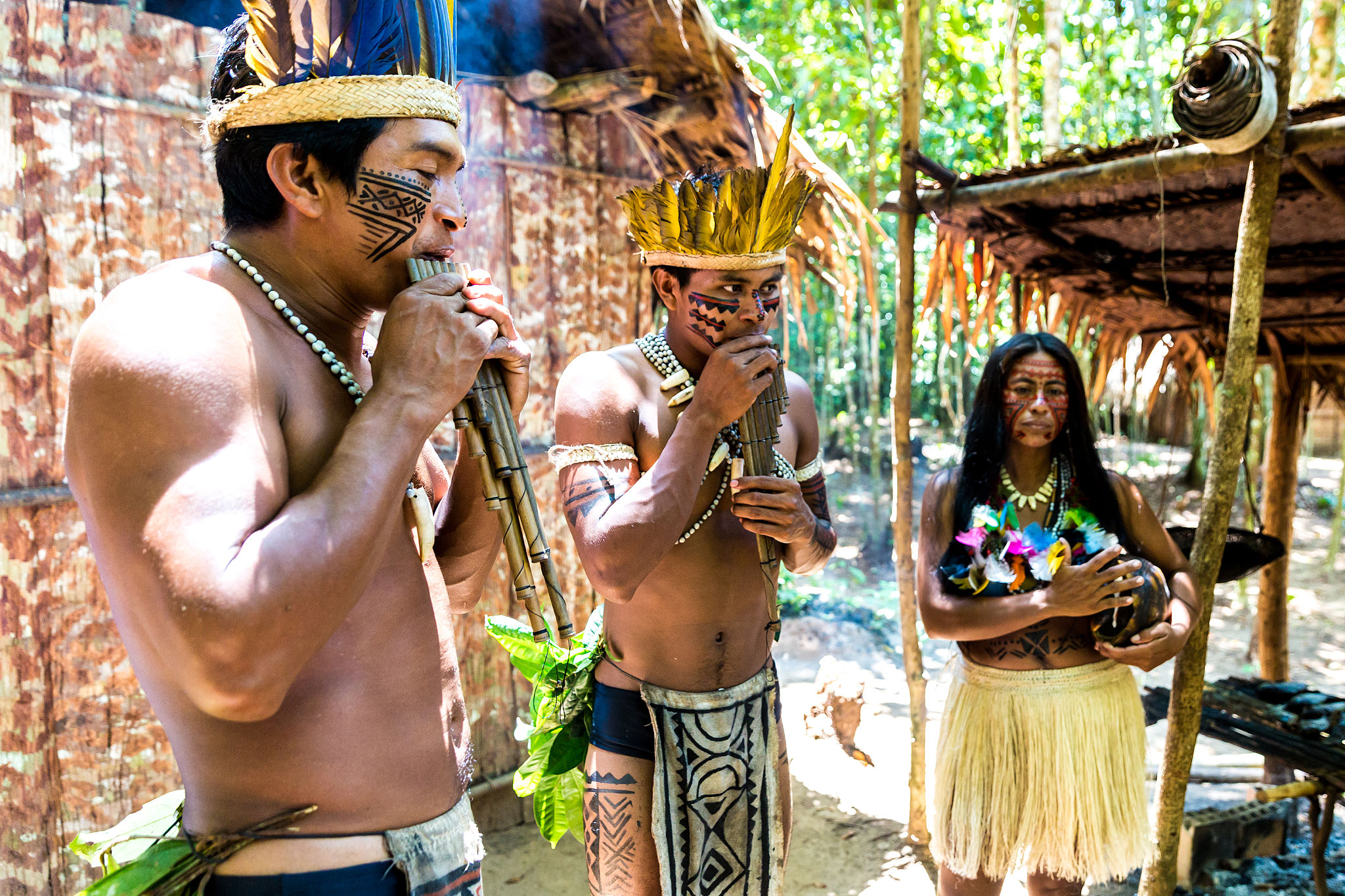How Local Conditions in Venezuela Influence Sports Psychology Practices
Understanding the Impact of Venezuela's Economic Conditions on Sports Psychology
Venezuela's current economic landscape plays a significant role in shaping sports psychology practices. The country's financial challenges have led to limited resources for sports facilities and training equipment, impacting athletes' mental preparation. Sports psychologists must adapt their approaches to work within these constraints, often focusing on mental resilience and improvisation.

Given the scarcity of resources, athletes and coaches in Venezuela are often required to develop creative solutions to maintain training regimes. This environment fosters a unique psychological resilience among athletes, highlighting the importance of mental toughness and adaptability in sports psychology practices. These attributes are crucial for success in competitions where athletes may face more resource-rich adversaries.
Cultural Influences on Sports Psychology
In addition to economic conditions, Venezuela's rich cultural heritage also influences sports psychology practices. The country's passion for sports, particularly baseball and soccer, has ingrained a competitive spirit in its athletes. This cultural backdrop emphasizes the importance of community support, teamwork, and national pride, all of which are integral components of sports psychology in the region.

Sports psychologists leverage these cultural elements to foster a sense of identity and motivation among athletes. By tapping into the pride associated with representing Venezuela on the international stage, psychologists can enhance athletes' mental focus and drive, providing them with a psychological edge in competition.
The Role of Social Conditions in Shaping Athletes' Mindsets
Social conditions in Venezuela also play a crucial part in shaping sports psychology practices. Issues such as political instability and social unrest can create additional stressors for athletes. Sports psychologists must address these external pressures, helping athletes develop coping strategies to maintain focus and performance.

Moreover, the strong sense of community often acts as a support system for athletes, offering emotional backing during challenging times. Sports psychologists encourage athletes to draw strength from these social connections, fostering a sense of belonging that can mitigate the adverse effects of external stressors.
Adapting Training Methods Amidst Adversity
Despite the challenges faced in Venezuela, sports psychologists continue to innovate in their training methods. Techniques such as visualization, mindfulness, and goal-setting are increasingly employed to enhance mental performance. These practices help athletes maintain concentration and composure, even when faced with unpredictable circumstances.
Furthermore, sports psychologists emphasize the importance of mental health awareness, promoting psychological well-being alongside physical training. This holistic approach ensures that athletes are mentally prepared for both the demands of competition and the realities of life in Venezuela.

Conclusion: Resilience as a Cornerstone of Venezuelan Sports Psychology
The local conditions in Venezuela provide a unique backdrop for sports psychology practices. Economic, cultural, and social factors all converge to shape the psychological strategies employed by athletes and psychologists alike. Despite the challenges, Venezuelan athletes continue to demonstrate remarkable resilience, a testament to the strength of their psychological preparation.
As Venezuelan sports psychology continues to evolve, its focus on resilience and adaptability serves as an inspiring model for overcoming adversity in pursuit of excellence on the global stage.
